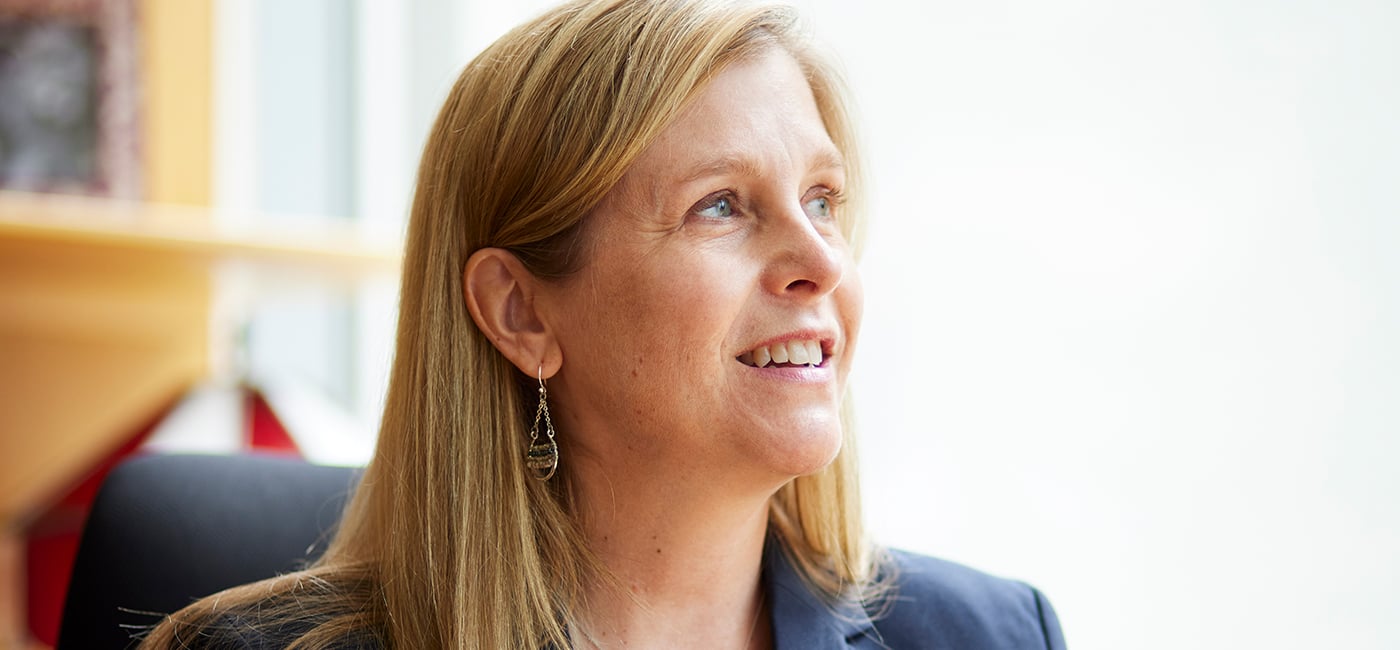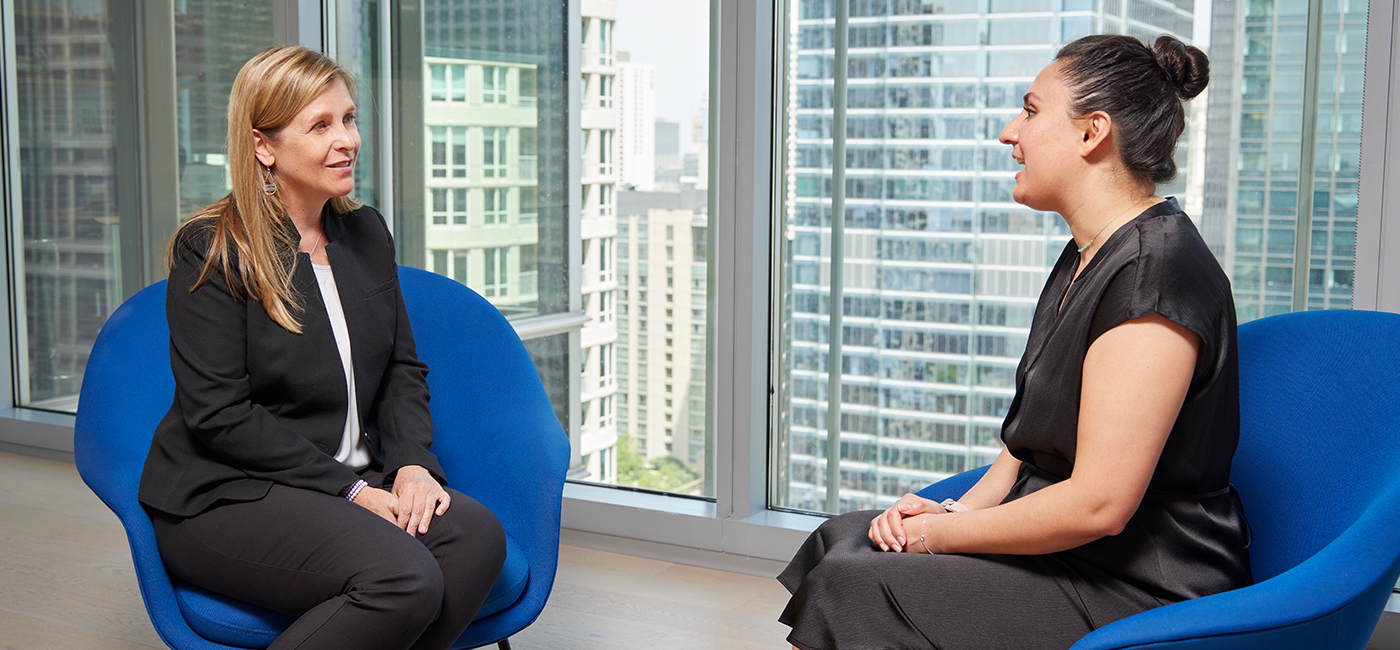From Attorney to Therapist
Perspectives
Attorney’s aren’t always good at asking for help for ourselves because we’re so used to helping others.”

Bringing her unique background to her role leading the Firm’s Wellbeing Program, Robin proactively works with attorneys to improve their physical, emotional and mental health.
How did you start your career in law?
What inspired you to change careers and become a therapist?
After receiving your master’s in counseling, what did you do?
How was your own wellbeing while you were a lawyer?
How has mental health and wellbeing evolved in the law field?
What makes you unique in the industry?
Why do you do the work you do? Why did you come back to the legal industry?

Robin Belleau has led the Wellbeing Program since its inception in 2019 and is an attorney and Licensed Clinical Professional Counselor. She is an active speaker on mental health and wellbeing topics, and serves as a member of the Commission for the Lawyers’ Assistance Program (LAP).
